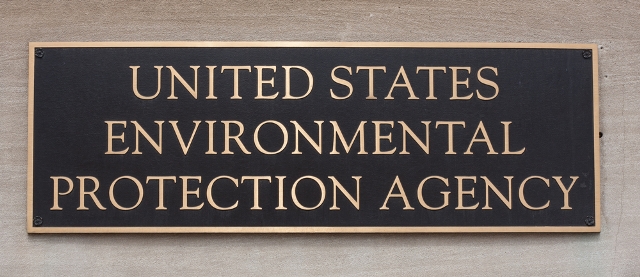

Intent as an Essential Element When Prosecuting Environmental Crimes

My partner Michael C. Gross from our Environmental Group recently authored a short response piece to accompany the article, "Time for Environmental Crimes,” by Rena Steinzor in the March/April issue of The Environmental Forum, the magazine of the nonpartisan Environmental Law Institute.
Ms. Steinzor, a professor at the University of Maryland Carey Law School and immediate past president of the Center for Progressive Reform, details recent examples of environmental corporate malfeasance, among them the BP oil spill and Volkswagen diesel emissions scandal.
She argues that criminal enforcement has become essential against the backdrop of a “shortfall of routine civil enforcement,” by the Environmental Protection Agency (EPA), noting that “last year it [EPA] announced a 30 percent cut in routine inspections and 23 percent reduction in civil enforcement actions.” She further argues that the logic of the DOJ’s “Yates Memo” applies, as “corporations don’t move themselves into the untenable position of a BP or a VW without malfeasance at the highest levels.”
Professor Steinzor lays out the argument well, you can read the full article here – but she doesn’t address the essential element that EPA and the DOJ should weigh in making the criminal prosecution decision – intent.
Mike shares more on this in his thoughtful response, “Weighing Intent in Environmental Prosecutions.” Ironically, he details other recent environmental catastrophes, the Animas River mine spill in Colorado and the drinking water crisis in Flint, Michigan, in which EPA and state actors may have engaged in conduct that arguably would have resulted in criminal prosecutions if private sector actors had done the same thing.
Ms. Steinzor’s article is available here, while Mike Gross’ response is available here.
Disclaimer: This post does not offer specific legal advice, nor does it create an attorney-client relationship. You should not reach any legal conclusions based on the information contained in this post without first seeking the advice of counsel.

